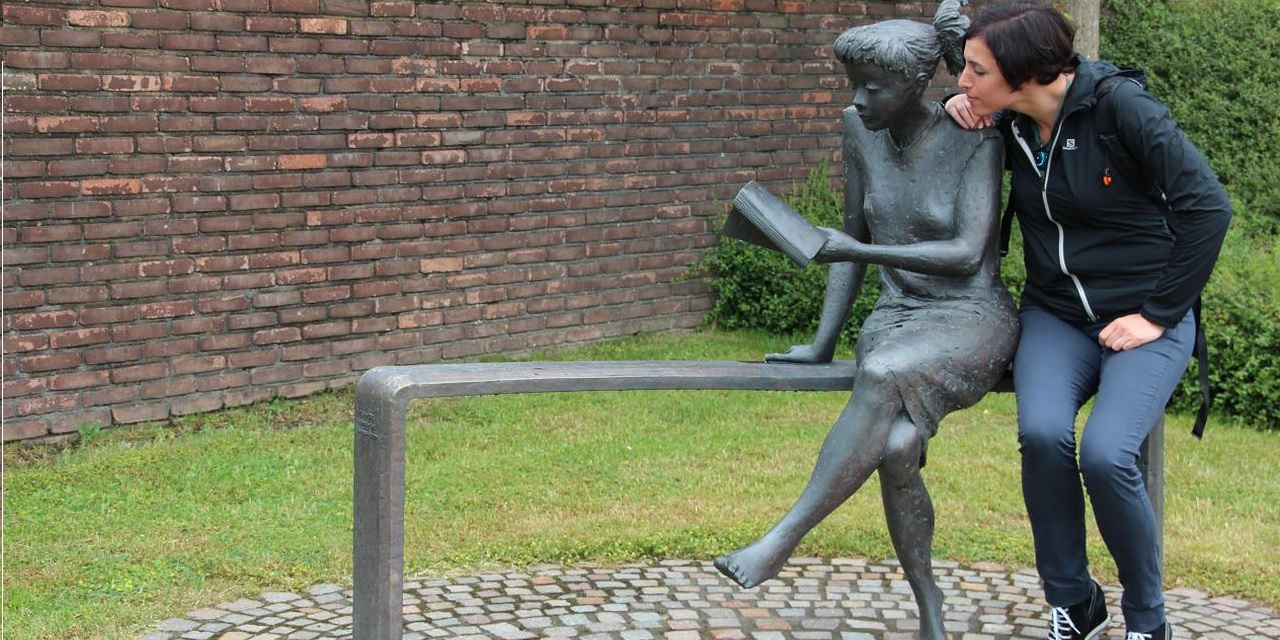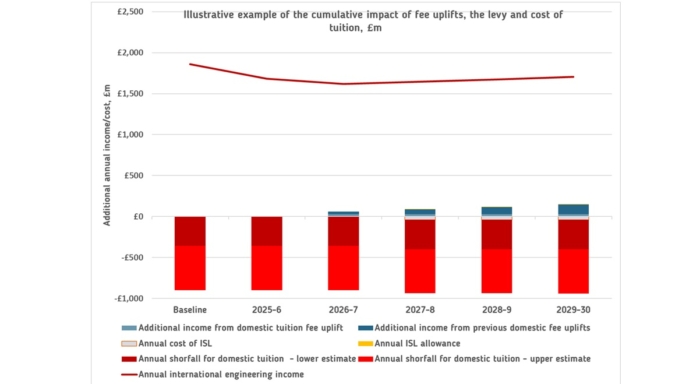Read Education for Engineering’s response here.
Summary
Education for Engineering (E4E) is the body through which the engineering profession offers coordinated advice on education and skills policy to UK Government and the devolved Assemblies. It deals with all aspects of learning that underpin engineering. It is hosted by The Royal Academy of Engineering with membership drawn from the professional engineering community including all 35 Professional Engineering Institutions, the Engineering Council and EngineeringUK and the Engineering Professors’ Council.
UK engineering has a gender problem. The challenge of achieving gender parity in engineering appears to be particularly difficult for the UK. Figures from 2016 show that 12% of those working in engineering occupations in the engineering sector is female: the lowest percentage of female engineering professionals in Europe, while Latvia, Bulgaria and Cyprus lead with nearly 30%. Some 16% of UK engineering first degree graduates are female, compared to developing economies such as Myanmar, Tunisia and Honduras which have the highest proportion of female engineering graduates: 65%, 42% and 41% respectively. The number of women registered as engineers and technicians in the UK is slowly increasing, from 4.8% in 2015 to 5.2% in 2016,4 although it is important not to conflate registration with working as an engineer. The lack of women at senior levels and in occupations that pay higher salaries who can act as role models and trailblazers is also a cause for concern.




